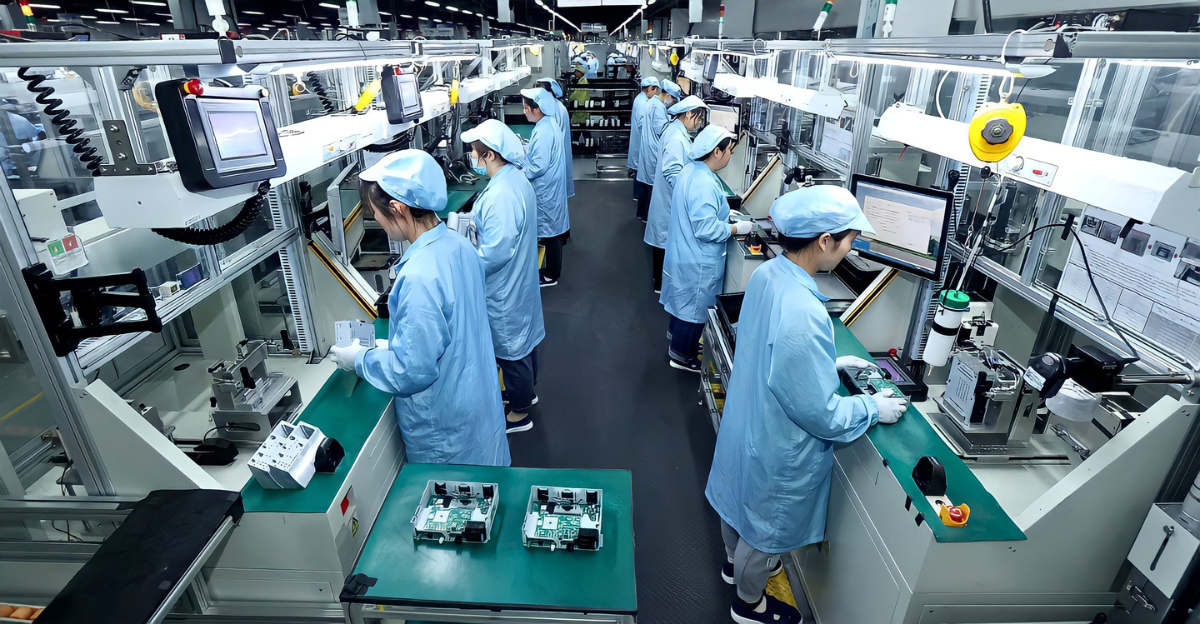
While many companies are happy to have domestic supply lines and have production in the United States, there are others who are less keen on the idea.
Some do it because of pedigree, while others don’t want to complicate logistics. Either way, these businesses flat out refuse to build their products in the USA.
IKEA
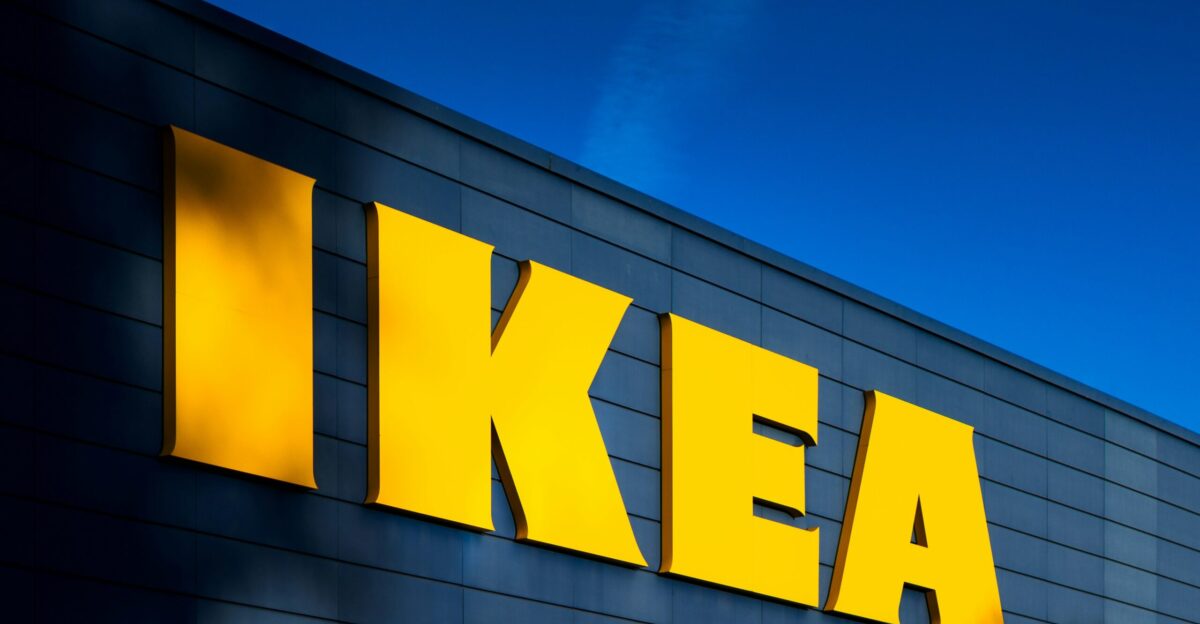
IKEA is the first company on this list that doesn’t produce any of their products in America and would rather keep production to Europe. This is for the plain reason that it’s just more expensive to set up local production rather than export their goods.
The company did open up a factory in Virginia at one point but it didn’t last for very long and ultimately closed. IKEA’s site manager told CBS News: “The right cost conditions are not in place to continue production in Danville.”
Dyson
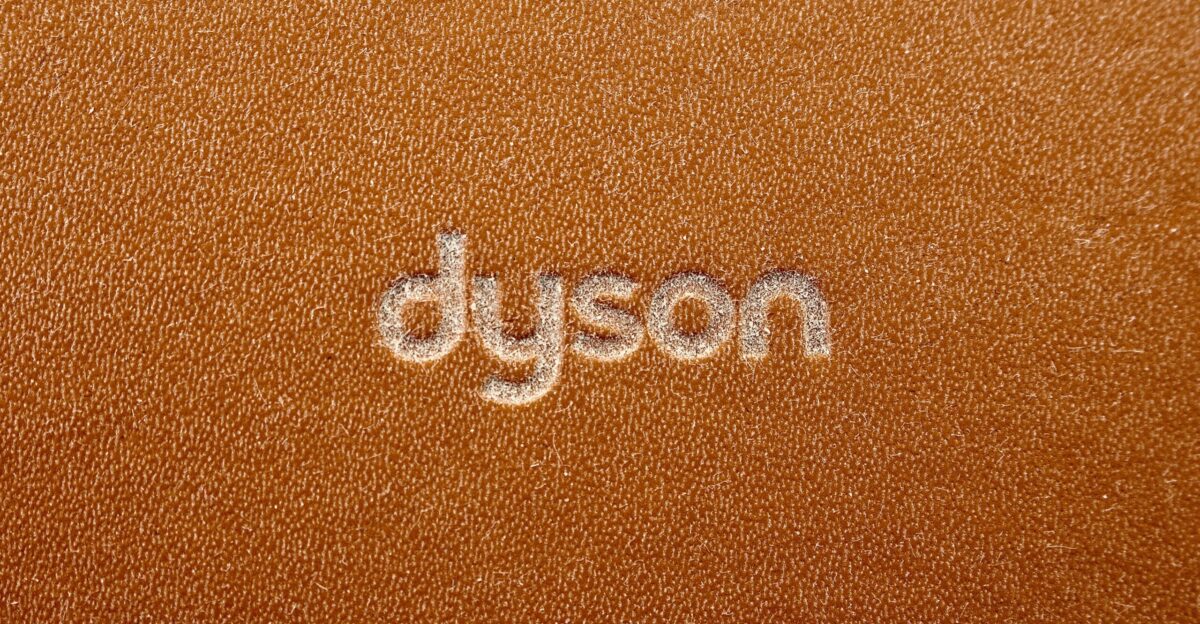
Dyson has been known for its innovative household appliances since the early nineties, but Dyson’s production today can be found in Malaysia, Singapore, and the Philippines.
The production in Southeast Asia means that products can be manufactured at a lower cost, meaning that customers don’t have to pay more. Like many other companies, the production went East to suit production needs.
Ferrari
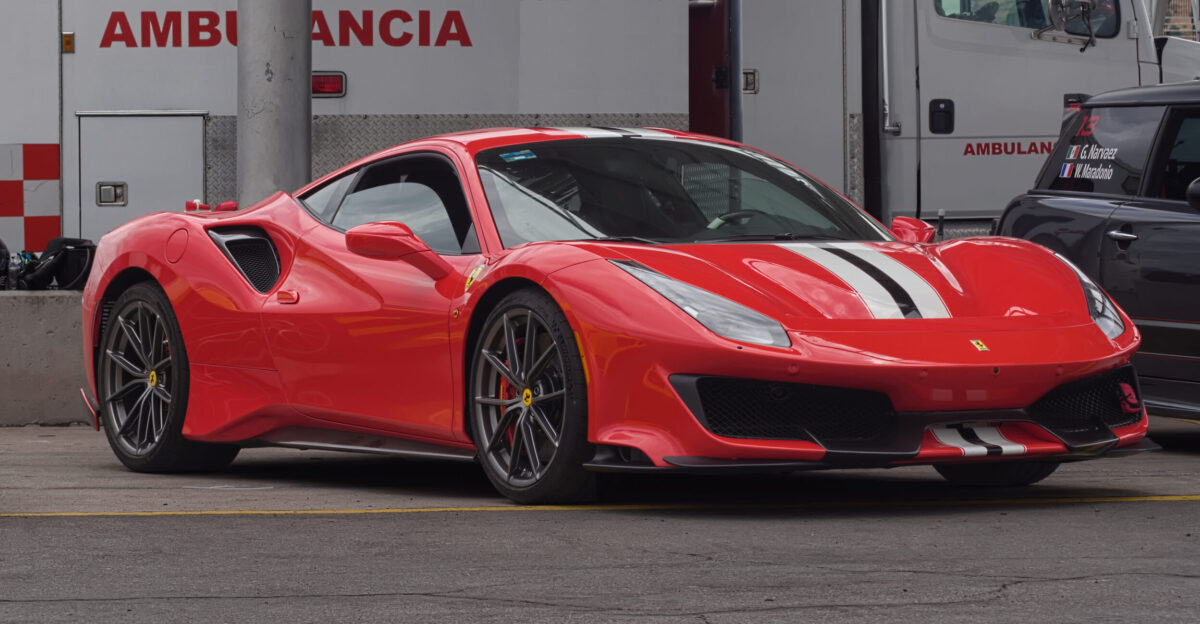
Ferrari cars are known for pedigree, elegance, and speed. Despite the potential to face high tariffs on imported vehicles, Ferrari remains adamant that production will stay in Italy.
Ferrari’s CEO Benedetto Vigna has stated clearly: “We will sell cars in the United States, but we will make cars in Maranello.” The company seems less worried about tariffs when buyers are already willing to pay hundreds of thousands of dollars for one of its cars.
Lamborghini
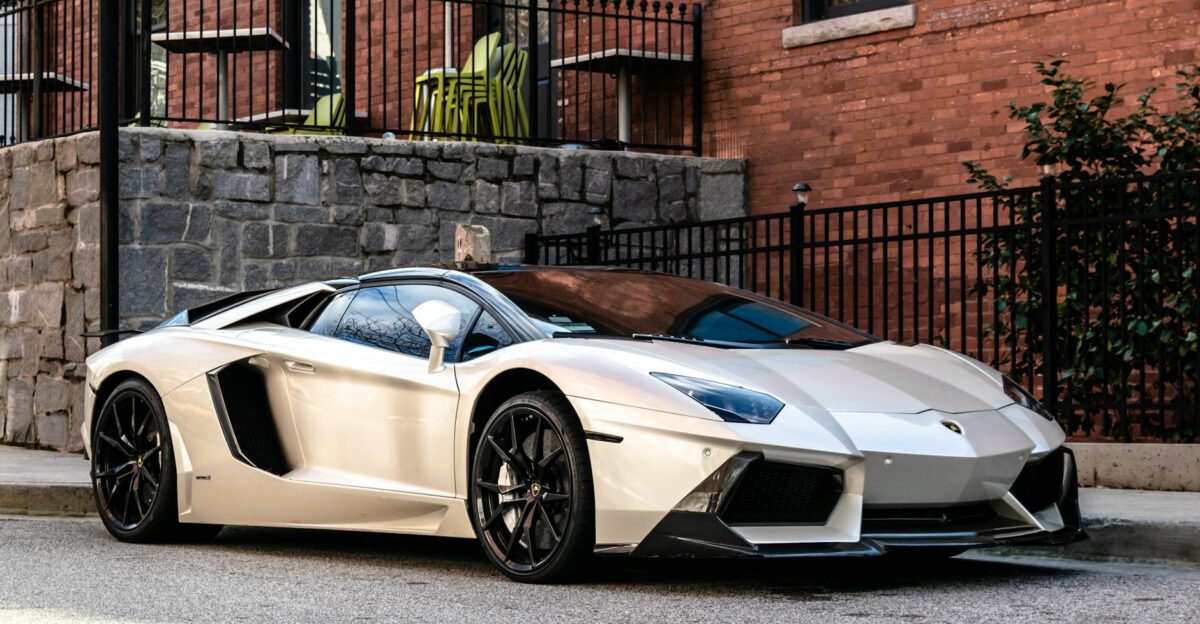
Much like Ferrari, Lamborghini has a long heritage of making high-performance luxury cars for wealthy buyers. No factories have ever been built outside of the Italian town, Sant’Agata Bolognese. With production remaining in one town in Italy, buyers can be on a waiting list for years.
Lamborghini have a comprehensive network of suppliers, including exports to the U.S. There is simply no need for the company to make any changes to its supply lines.
Rolex
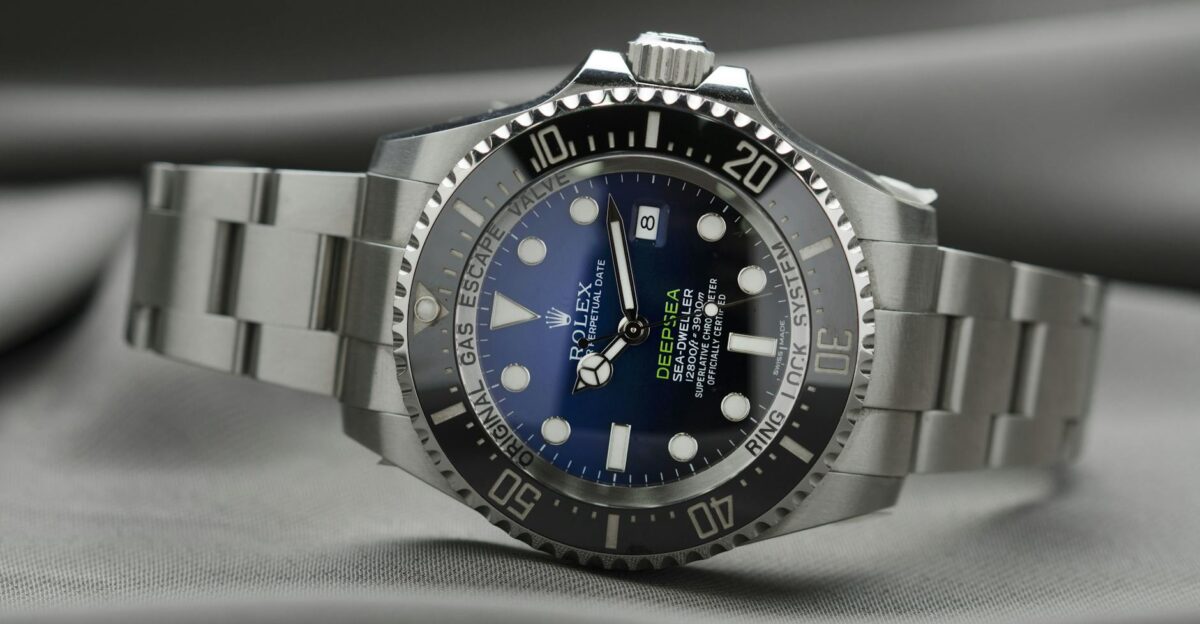
The Swiss company Rolex is all about craftsmanship, luxury, and precision when it comes to timepieces. Swiss law restricts Swiss manufacturers from having less than 60% of the value of their products be from Switzerland.
This means that if Rolex wants to keep being able to say its watches are “Swiss made” production cannot move to America.
Patek Philippe
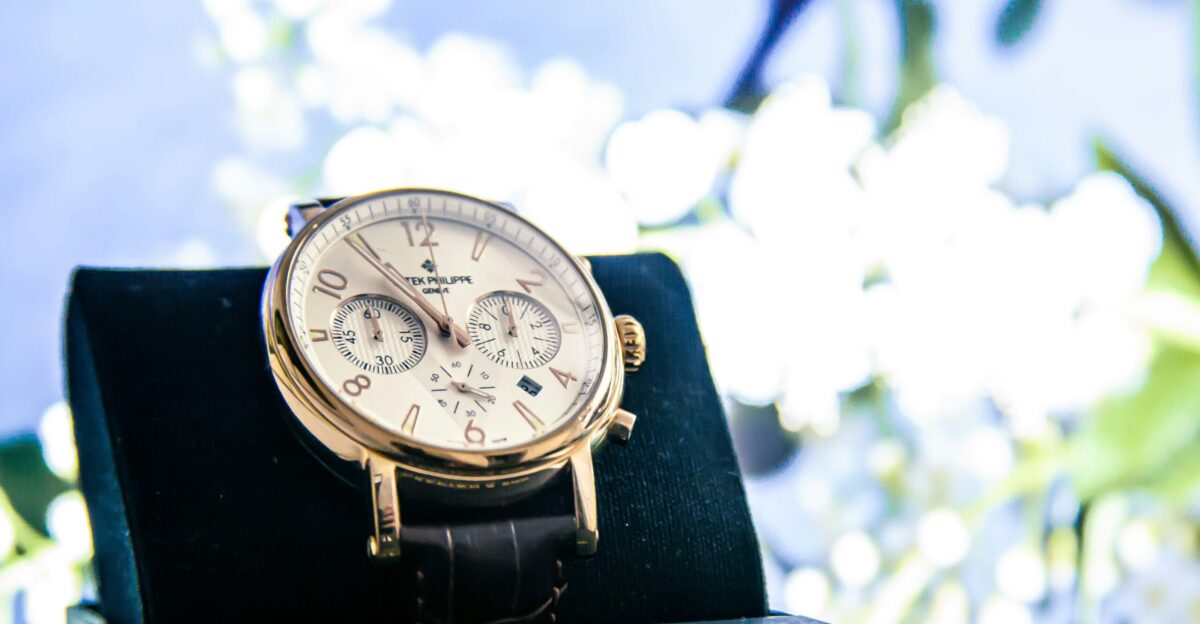
Another important Swiss watch maker is Patek Philippe. For the company to keep their “Geneva Seal” and “Patek Philippe Seal,” production has to all take place in Geneva, Switzerland.
The seals showcase uncompromising quality to customers, meaning that production could never be moved to the U.S. without compromising these “certificates.”
Shein
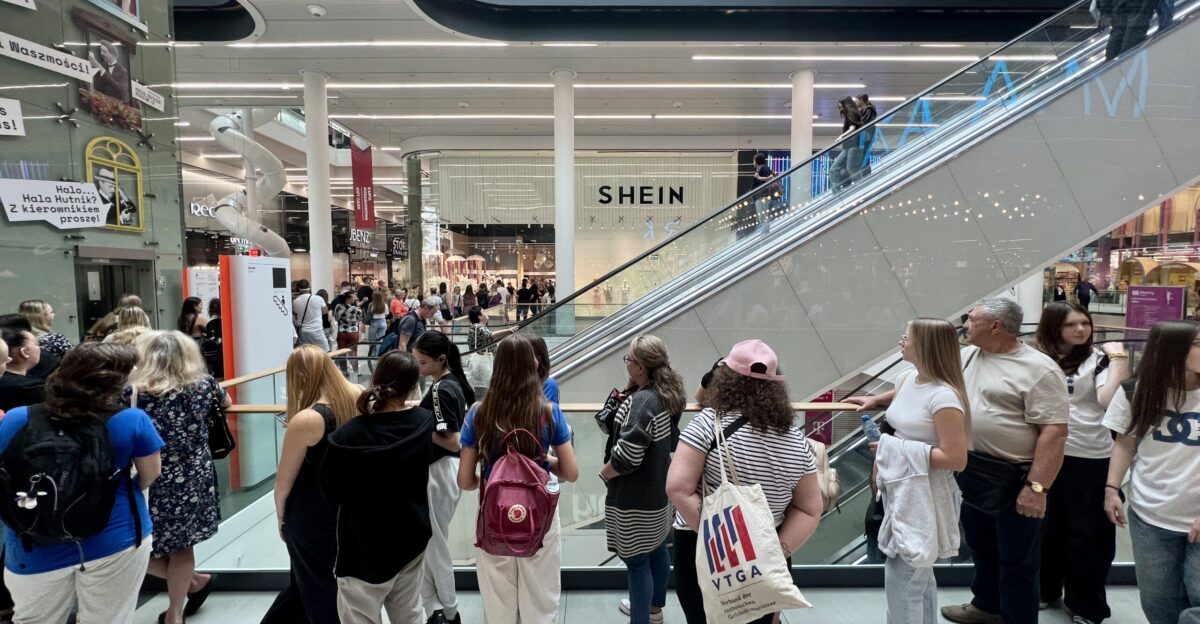
Shein is moving to the opposite end of the spectrum. The platform is the largest fashion retailer in the world due to extremely affordable, trendy clothing. Shein ships its goods directly from China, where manufacturing can be as low as possible.
While factories that make these clothing are small and make specific orders, American factories are generally set up for much larger, single-item production.
Gucci
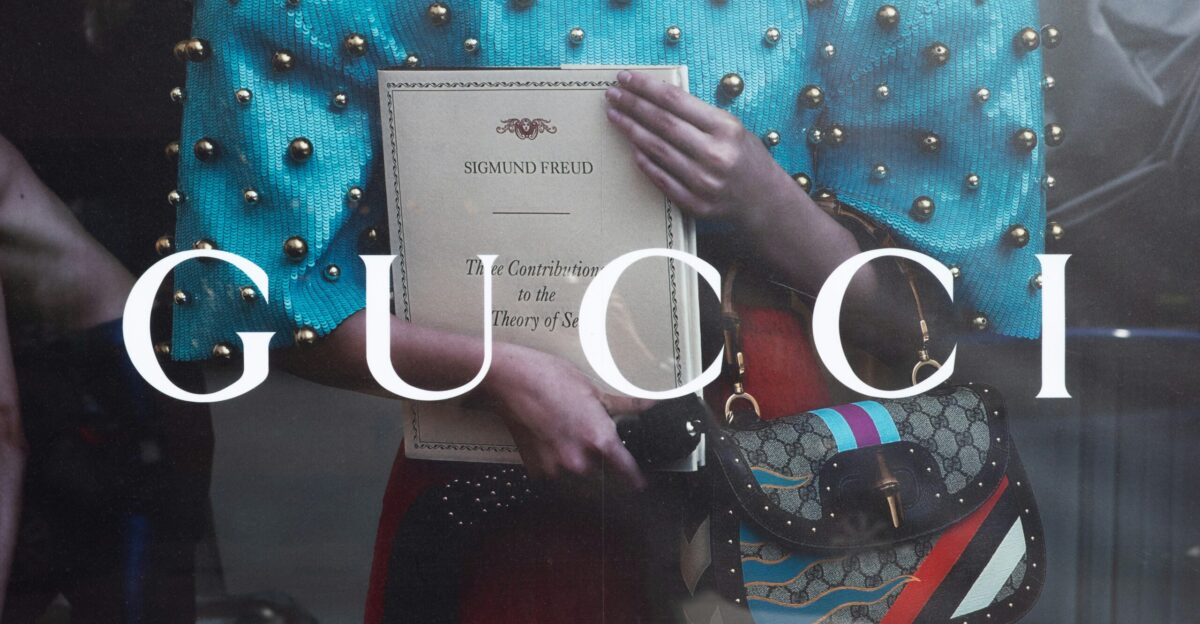
Gucci is adamant that all of its goods are made right in Italy. This means that consumers can feel the products remain a true luxury and quality brand.
Gucci has doubled down, investing more in Italian production rather than moving production anywhere else. It’s important to the brand image for all products to be made in Gucci’s home country.
Hermès
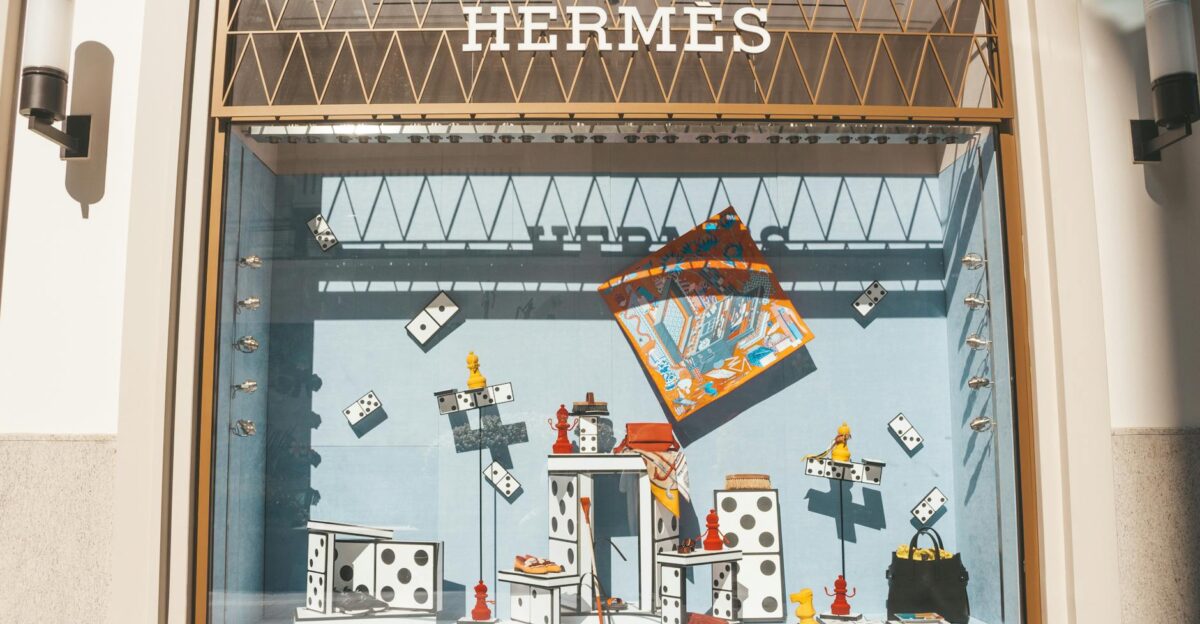
Hermès has been a luxury goods manufacturer for nearly ninety years. Despite increasing tariffs on luxury brands, Hermès has kept its production in France and increased the price of its goods in response.
The company has opened new workshops locally to ramp up production while maintaining its commitment to its artisan model.